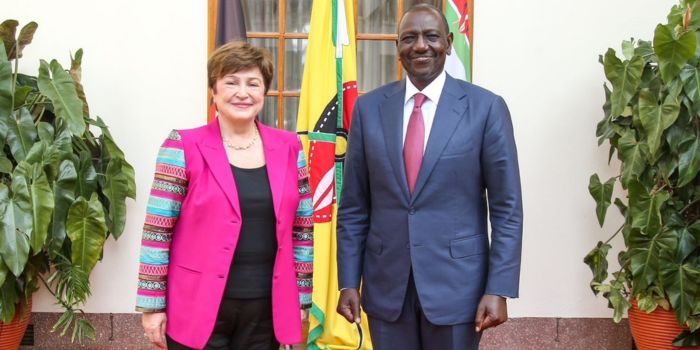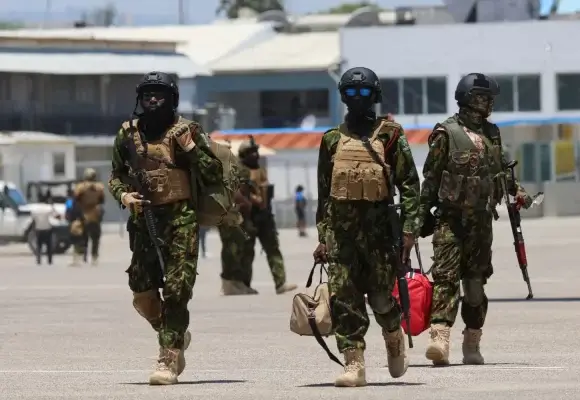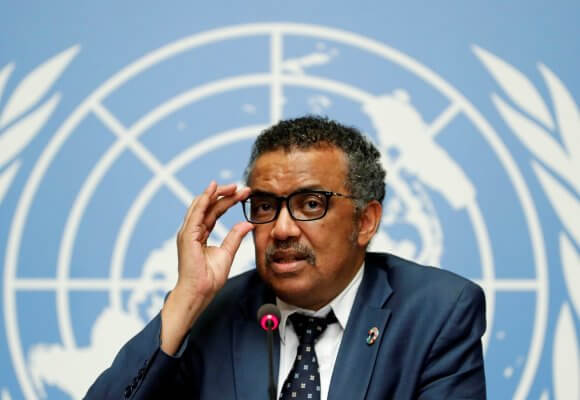|
LISTEN TO THIS THE AFRICANA VOICE ARTICLE NOW
Getting your Trinity Audio player ready...
|
Kenya’s fragile economic state has once again come under scrutiny after the International Monetary Fund (IMF) warned that the country’s plans to secure a $1.5 billion (Ksh.194 billion) loan from the United Arab Emirates (UAE) could exacerbate its already precarious debt situation.
Speaking on the matter, IMF’s Director of Communication, Julie Kozack, said that Kenya faces a “high risk of debt distress” and urged the government to carefully weigh its borrowing decisions within the framework of a broader fiscal strategy. Kozack’s cautionary statement comes amidst growing concerns over Kenya’s mounting public debt, which threatens to further strain the country’s monetary reserves and hinder its ability to meet pressing financial obligations.
“We assess Kenya to have a high risk of debt distress. Any new borrowing should be considered within the context of a comprehensive fiscal strategy to reduce debt vulnerabilities while addressing recent and emerging fiscal challenges,” Kozack stated during a briefing.
The warning comes in the wake of IMF’s recent approval of a Ksh.78 billion loan for Kenya in October, underlining the institution’s ongoing financial support for the country. This loan, which was part of the seventh and eighth reviews of Kenya’s economic program, aims to help the government rebuild its fiscal policies and mitigate the effects of past disruptions, including those caused by anti-government protests in June.
The IMF has become a central player in Kenya’s efforts to address its fiscal and economic challenges. Currently, the institution oversees three key programs in the country: the Extended Fund Facility (EFF), the Extended Credit Facility (ECF), and the Resilience and Sustainability Facility (RSF). Each program targets specific economic needs. The EFF and ECF aim to help reduce inflation and stabilize the economy, while the RSF focuses on financing Kenya’s climate-related initiatives.
Since the inception of these programs, Kenya has received approximately $3.1 billion (Ksh.401 billion) in disbursements, including the $606 million (Ksh.78.4 billion) approved in October. Despite these efforts, the country’s public debt remains a contentious issue, with many questioning whether borrowing is the right path to economic recovery.











LEAVE A COMMENT
You must be logged in to post a comment.